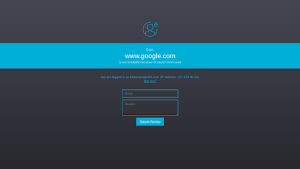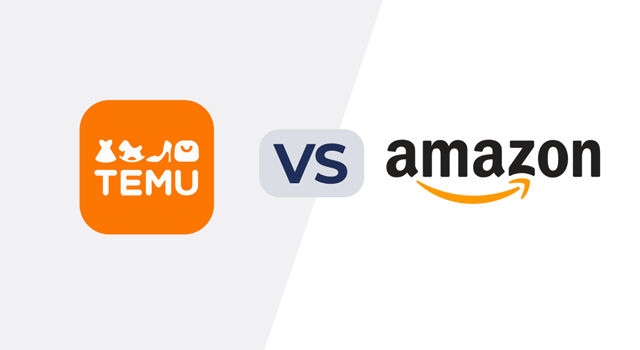 Chromebooks have become indispensable tools within Fallon Middle School classrooms, offering students and teachers crucial educational resources. Despite their significance, students may face the frustration of encountering a lock symbol, signaling that access to the desired page is restricted. The Dublin Unified School District dictates website restrictions on school Chromebooks, granting limited autonomy to teachers and principals. The current protocol necessitates that teachers submit tech requests to unblock specific websites, resulting in unnecessary burdens and delays. The photo on the right shows what usually happens when students are denied access to a website.
Chromebooks have become indispensable tools within Fallon Middle School classrooms, offering students and teachers crucial educational resources. Despite their significance, students may face the frustration of encountering a lock symbol, signaling that access to the desired page is restricted. The Dublin Unified School District dictates website restrictions on school Chromebooks, granting limited autonomy to teachers and principals. The current protocol necessitates that teachers submit tech requests to unblock specific websites, resulting in unnecessary burdens and delays. The photo on the right shows what usually happens when students are denied access to a website.
A more effective approach would be to empower teachers to manage website access independently on Chromebooks. This would allow teachers to make real-time decisions about website accessibility and could streamline the educational process and create a more dynamic learning environment. This is because teachers can use any resources that are available to them.
The district’s current one-size-fits-all approach to website regulations may only partially consider the unique requirements of individual classrooms and subjects in Dublin. An anonymous student at Fallon says, “I wish teachers could choose the websites we can use on Chromebooks. They know what helps us learn, and it’s frustrating when we can’t access what we need for class.” This technique is different for students as it is not flexible for the teachers or students. Each teacher has a distinct teaching style that could benefit from the ability to curate online content aligned with lesson plans, a flexibility lacking in the current system.
Teacher input in website filtering decisions is necessary to maintain their authority in the classroom. Given their daily interactions with students, teachers are best positioned to understand how and what students need to learn. A 7th-grade core teacher, Mr. Voller, states, “I block websites all the time, such as Infinite Campus, to lower distractions during my teaching.” This quote shows how Mr.Voller supports this idea and wants control access to which sites are and are not blocked.
Granting teachers the authority to manage website restrictions on school Chromebooks doesn’t mean compromising students’ online safety or endorsing reckless use. Instead, it recognizes that educators are well-equipped to determine the relevance of websites for their classes.
The current district-wide approach to blocking websites must evolve in Dublin, allowing teachers to determine which websites should be accessible directly. By enabling teachers to contribute to website filtering regulations, the online learning experience can be tailored to meet the unique needs and demands of their Fallon Middle School classes.






















